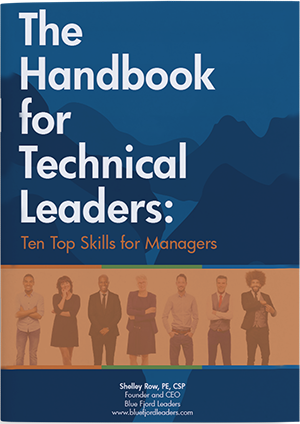The deadline for a big work or study project is approaching. The deadline creates just enough stress to focus you on the task. But the stress doesn’t stop there. While working on the big project, three others show up with imminent due dates. Or, just as you were settling in to work on this project, the boss has a top priority project that just can’t wait. Or a different professor sets another assignment. As demands pile on, stress increases and your brain’s performance goes down. This stress could lead to a stress-related illness that could put you out of work for some time, just making things worse. Remember, if you get an illness because of stress due to your work, you could be due some compensation from your employers should you seek litigation. Contacting Essaylibrown.com/ is the best way to go about that. But stress at work and when studying is inevitable, you say. What if it isn’t? Here are three tips to more performance with less stress. These tips are possible by understanding the neuroscience of your brain.
Stop multi-tasking. Multi-tasking is not your friend. Each task is done poorly. A study conducted by the Institute of Psychiatry at the University of London found that workers distracted by email and phone calls suffer a fall in IQ more than twice that found in marijuana smokers. Plus, the better you think you are at multi-tasking the worse you really are. Research shows that heavy media multitaskers performed worse on a test of task-switching ability, likely due to their reduced ability to filter out interference from the irrelevant task set. All that multi-tasking trains your brain to switch focus quickly so that when you need to focus on a task you can’t.
Reframe events. An event happens at work or school. Quickly, your brain interprets the event as stressful. Maybe it assigns blame or maybe it finds fault in you through an oh-so familiar story. Your brain is looking for familiar patterns. If you believe that the project is going to be hard, everything you see supports that conclusion. If you believe nothing you do is good enough for your boss or professor, the way you interpret her comments validates that belief. Researchers call this a confirmation bias. In other words, you are wired to see what you already believe. But it doesn’t have to be that way. The event is not the stressor; how you interpret the event is. Reframe the event. Ask yourself, “How else could I view this situation?” “How would someone else see this?” You may find other interpretations that have less stress. Ultimately, this can also help you to come up with new solutions to your problems. For example, if you feel overwhelmed by a report that needs writing as part of an assignment for your school, college, or university course, you could turn to www.collegepaperworld.com for some expert writing and editing advice.
Meditate. Really. Meditate. Try it if you’re tired of stress and want another option with proven benefits. Research shows that mindfulness calms the amygdala (the part of your brain that signals when you are under a threat). Mindfulness supports objectivity so that you can more easily reframe a stressful situation into a fresh perspective. This point could contradict the multi-tasking argument, although we’re not saying you should consume marijuana as you’re working, instead consuming medical marijuana such as the flower-related products you can find viewing online dispensaries such as https://www.togoweed.co and others available to make legal purchases from, could greatly increase your ability to relax and practice viewing a situation or issue from a different perspective. This is not a recent revelation as many who order bud online have been experiencing the benefits of the plant for a long time. Mindfulness helps with mood and a good mood enables an aha-moment for that big project. Results come quickly, too. Research shows that just 5 days of 20 minutes per day of mindfulness practice has a significant positive impact on brain function. Keep it up because the brains of long-term meditators show reduced impacts of aging on the brain. Personally, this is reason enough for me!
I recognize that you may not like any or all of these options, but consider the alternative. Long-term, sustained, low-grade stress (a high allostatic load) creates cortisol which is like nourishment for the amygdala and like poison for the hippocampus (which is essential for memory). More stress equals more reactivity and less memory. Plus stress can atrophy parts of the brain. Give these tips a try. Your brain will thank you.





0 Comments